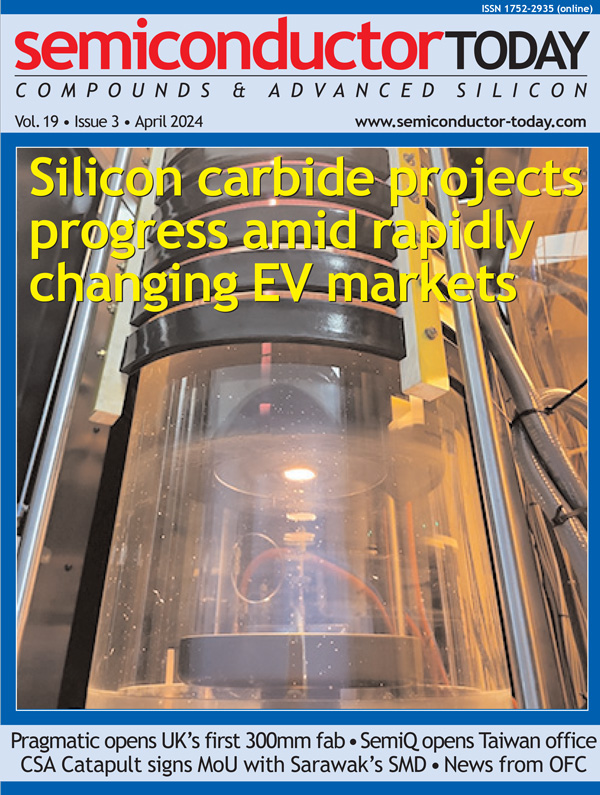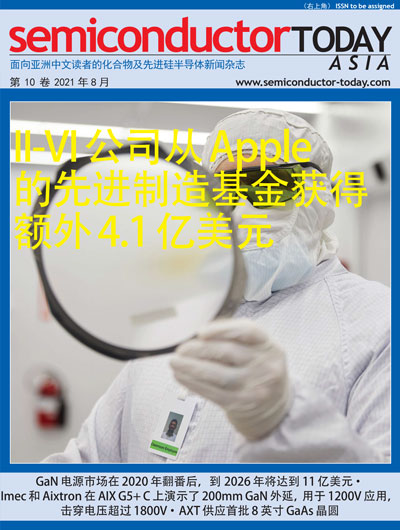- News
22 November 2012
CSTG/Glasgow laser project makes finals of KTP Best Partnership Award
Finalists for the Knowledge Transfer Partnership (KTP) Best Partnership Award (announced in London on 22 November) included a laser engineering research partnership involving Compound Semiconductor Technologies Global Ltd (CSTG) of Hamilton Technology Park, High Blantyre (near Glasgow), Scotland, the University of Glasgow and KTP associate Thomas Slight. The Glasgow-based work has resulted in advances in semiconductor laser engineering, contributing to driving 40% revenue growth in the business between 2010 and 2012 and yielding research publications and recognition for both the university and company. This latest new announcement follows the project recently winning the KTP Scottish Regional Best Partnership Award.
Knowledge Transfer Partnerships aim to help UK businesses to improve their competitiveness, productivity and performance by accessing the knowledge, technology and skills available within its Knowledge Base (universities, colleges and research organizations) through the development of collaborative partnerships that stimulate innovation. Each partnership is part-funded by the UK Government, with the balance of costs coming from the company partner.
CSTG supplies semiconductor devices to the defence, oil and gas, telecoms and medical industries, serving clients in the UK as well as in the USA and Asia. In excess of 70% of revenue is derived from high-value export products. However, says the firm, continued expansion of the business depended on being able to offer higher-value-added laser device technology and manufacturing processes.
CSTG says that it was aware of the commercial potential for emerging mid-infrared laser technology, but had very limited knowledge of elements of the relevant design and optical characterization. Nor were there any commercially available modelling packages or turn-key equipment to address this gap in the firm’s capabilities. Thomas Slight was hence instrumental in initiating the partnership with the university’s department of Electronics and Electrical Engineering, represented by Charles Ironside (professor of Quantum Electronics).
The firm says that success has been embodied by new fabrication processes and novel laser chip designs, addressing the market need for innovative semiconductor processes for the manufacture of compact, mid-infrared micro-chip laser sources.
The technology can be applied to a number of topical sectors, including counter-terrorism, homeland security, environmental monitoring and low-environmental-impact oil and gas prospecting.
It is claimed that both CSTG and the university have developed a global reputation in this technology area in a relatively short time-scale and are seeing economic benefits that are spreading to other UK academic institutions and commercial partners.
Following on from the KTP, the university has established a global relationship with the laser supply chain and application specialists and has won funding from ERANET, Wellcome Trust and the European Space Agency (ESA).
“This project clearly demonstrates that the UK has the expertise to lead laser engineering research,” comments Iain Gray, chief executive of the Technology Strategy Board (the UK Government’s innovation agency), which funded the project. “Semiconductor business applications can be complex to market, but this research shows it can be done on a global scale with great success.”


